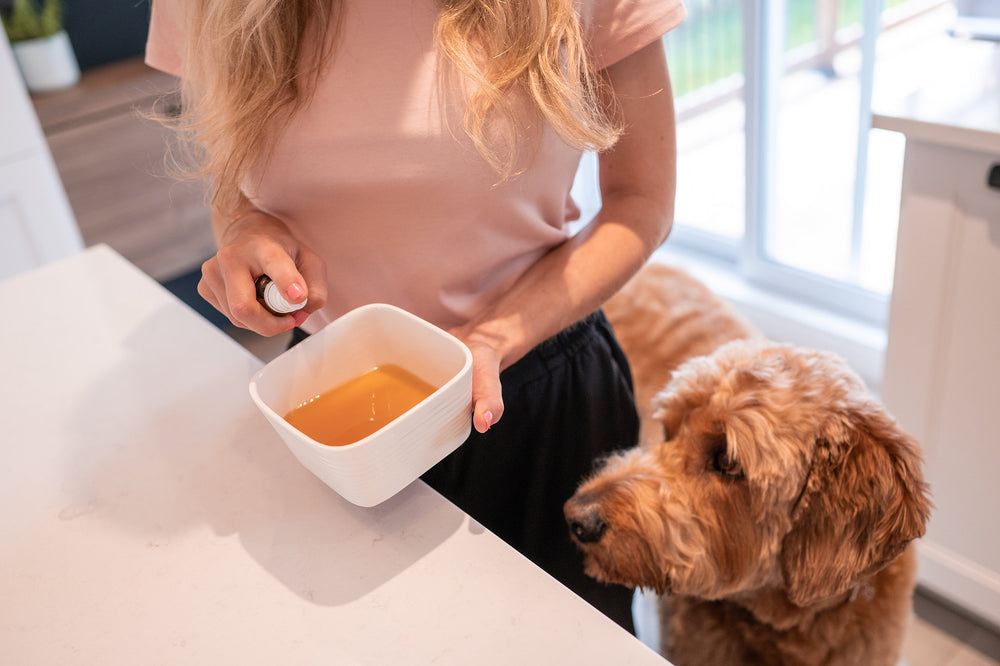Choosing the Right Dog Trainer: Expert Tips for Pet Parents
Hiring a professional dog trainer shouldn’t be a hasty decision. Contrary to what many pet owners believe, dog training is more than just private lessons teaching your dog to sit and stay. It’s about understanding behavior, building communication, and fostering a healthy relationship with your canine companion.
This misunderstanding often leads to frustration for dog owners, especially after spending money on training sessions without seeing the results they expect. That’s why I’ve put together this blog post—to guide you through the most important things to consider when hiring a dog trainer.
Think Dog Obedience Training Isn’t Important? Here’s Why You Should Reconsider

What’s truly interesting about dog training is that it’s not just about improving your dog’s behavior. While behavior improvement is a key part of the process, training also focuses on strengthening the bond between dogs and their pet parents.
Here are the key benefits of hiring a professional dog trainer. Keep in mind that these benefits will only be realized if you take the time to carefully choose the right trainer:
- Dog training lessons enhance communication between a dog and its owners. In addition to teaching commands, enrolling dogs in a training class makes it easier for owners to set boundaries and correct behavioral issues.
- A well-trained dog stays mentally stimulated, making it less prone to separation anxiety, extreme aggression, furniture chewing, and other behavioral problems caused by boredom and inactivity. Moreover, training can sharpen your dog’s awareness of potential dangers.
- Dog behavior improves significantly after obedience training, which enhances the quality of life for both dogs and their owners. Not only does training help ensure your home stays tidy when you're away, but it also gives you the confidence to bring your dog to parks and other public spaces.
The Hidden Challenges of Dog Training

You may have searched for 'dog obedience training' on YouTube and thought, "that looks easy!" Think again. Certified trainers do more than just teach your dog basic commands like leash walking or potty training. Their classes focus on improving your dog's overall behavior, making them better companions at home and in public.
Why is dog training often more challenging than it seems?
The dog training profession is not something that is improvised.
It requires formal education, extensive knowledge, and practical skills to be effective. Professional trainers employ specialized techniques to achieve faster results and create customized training plans tailored to each dog. Many dog trainers also pursue continuing education to stay up-to-date with the latest methods and advancements in the field.
In my experience as an animal homeopathy expert, I recommend starting training as early as your pet's puppy years. Besides puppy socialization, potty training, and positive reinforcement will also be covered in the lessons your pet will get.
Moreover, it’s essential to consult your vet or pet wellness expert first to determine whether your pet is suitable for a particular training program.
8 Essential Tips for Choosing the Right Professional Dog Trainers

Dog training shouldn't be left to chance. Selecting the right dog trainer is essential for your pet's development and well-being. Here are the key factors to keep in mind when making your choice:
#1. Research dog trainer reviews to assess reputation.
Before hiring a professional dog trainer for private lessons, one of the first steps is to check online reviews. Simply search for the trainer's name, and you'll find relevant information that can help you make an informed decision.
In my experience as an animal homeopathy expert and a dog mom, asking fellow dog owners for advice can significantly help in your search for a dog trainer. Word-of-mouth recommendations are often highly effective and can lead you to trusted professionals.
#2. Verify whether trainers hold certification and ask proof of their education.
There's a significant difference between casual dog training and working with a professional. Professional trainers not only help reinforce positive behavior in your pet, but they also boost your confidence as a dog owner.
Asking for certification ensures that your dog will receive proper training. Reputable organizations that certify dog trainers include the International Association of Canine Professionals (IACP) and the Certification Council for Professional Dog Trainers (CCPDT).
However, deciding whether to request certification is entirely up to you as a dog owner.
#3. Request permission to observe a dog training class.
Observing a trainer in action is crucial to determine important factors, such as whether they excel in solo or group classes and to get an overall sense of the training atmosphere under their guidance.
Be sure to ask for permission before observing a training session to avoid any safety or privacy concerns. Some dogs and their pooch parents may feel uncomfortable with strangers present during training.
#4. Inquire about the specific methods and strategies used by the dog trainer.
Make sure to ask how the trainer teaches basic commands and how they keep their canine students focused during lessons. Is the teaching style suitable for your pet? Is it too rigid or too relaxed for your dog’s temperament?
Remember, general dog training is different from crate training. Its primary goal is to establish and reinforce positive behavior in your dog. Whether you have a puppy, juvenile, or senior dog, the methods and strategies used by a trainer are crucial to your dog’s development.
#5. Don’t hesitate to ask which breeds a dog trainer specializes in.
It's common for trainers to specialize in particular breeds for private training. This is important to consider, as their techniques may not be as effective for your dog, whether you have a puppy, juvenile, or senior.
While the trainer's skills and knowledge play key roles in the success of dog training classes, ensuring they are the right fit for your pet is equally important.
#6. Observe and evaluate a dog trainer’s communication style.
Communication is critical when you train dogs. Whether it’s crate training or leash walking, success largely depends on how well a trainer communicates with your dog. No matter how skilled, knowledgeable, or committed a trainer may be, if they cannot communicate effectively, the classes are unlikely to be successful.
Is the trainer suitable for a beginner, like a puppy? Or are they better suited for more experienced dogs, such as juveniles or seniors? You can determine this by assessing their communication style.
#7. Ask about the training environment and how goals are tracked.
Now that you've been allowed to watch the trainer in action, be sure to ask how they conduct their classes. Are the sessions held indoors or outside? Do they offer solo classes or group sessions?
Another important detail to inquire about is how goals are tracked to ensure they are being met. This will help confirm that your canine family member is truly benefiting from the training sessions.
#8. Inquire about the costs and duration of the training sessions.
Before enrolling your puppy, juvenile, or senior dog in training sessions, ensure you fully understand the cost and duration of the program. Additionally, determine whether payments are made per class or after a set number of sessions.
It’s important to remember that, beyond the trainer's fees, you may incur additional costs such as gas, snacks, and other expenses—unless the classes are held at your home. Also, when it comes to dog training, higher-quality programs often come at a higher price, but they are usually worth the investment.
Conclusion
The quality of training can significantly influence your dog's behavior, obedience, and overall development. This is why hiring professional dog trainers should be considered essential, not optional. Additionally, it's important not to overlook your dog's immune system health, as a strong immune system supports their overall well-being.
Zumalka's SILVERPET, made with colloidal silver, helps strengthen the immune system and can be used as a supplement to medical treatment. This premium natural product can be administered internally or externally to support the body’s natural healing functions.







If you would likke to grow your experience only keep visiing this website and be updated with the
hottest information posted here.
Feel free to visit myy blog post :: puppy training near me
This is an incredible rousing article. I am essentially satisfied with your great training process. Consistency are key to successful obedience training. Exact and liberal rewards are critical to dog training. And it is essential that you devote time to training on a routine basis until you are seeing the behaviors you want.
Valuable info. Lucky me I discovered your web site accidentally,
and I’m shocked why this accident didn’t took plae earlier!
Ibookmarked it.
my blog: puppy classes near me
whoah this blog is great i really like studying your posts.
Stay up the good work! You recognize, lots of
people are hunting around supplies for reptiles this info, you can help them greatly.
I really enjoyed this article. As a trainer myself, I found it to be easy to understand for the everyday pet parent, rather than full of the confusing “trainer speak” that usually explains training to people. Thank you for this..I’ll be sharing!
Leave a comment